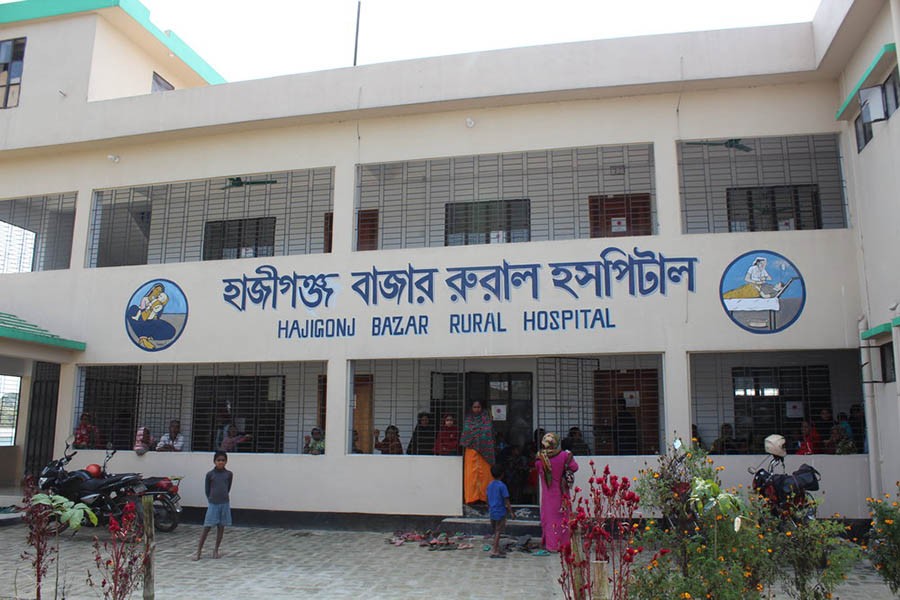
Published :
Updated :

News says that the government plans to appoint a fresh batch of doctors to hospitals and clinics before the coming election. The Health and Family Welfare Minister disclosed the information at a view-exchange meeting with doctors at Rajshahi Medical College Hospital on October 09. He said 10,000 doctors would be given appointment. The minister's announcement stands in a weird contrast with the Prime Minister's recent reprimand of doctors' reluctance to stay in the rural areas. Understandably, a large number of the newly recruited doctors are set to be dispatched to the upazila health complexes in the rural areas. Given the sorry state of these clinics, beset with absence of qualified doctors and nurses, the presumed length of the fresh recruits' stay in upazilas is not hard to gauge.
It may not be wrong to interpret the recent ministerial announcement of appointing more doctors to government service as a pre-poll stimulus to young physicians. The public sectors are used to seeing these recruitments on the eve of national elections. The poll-time coddling of government officials has long been a routine step by incumbent governments. This time doctors will have a share of the pie. Recruitment of doctors passes off as a temporary act of extending favour to a vital segment in society. The worrying aspect is these indiscriminate appointments will possibly yield little fruits for villagers. With the election over, and the doctors managing to secure transfers to the cities, the rural health sector will revert to its earlier slapdash state. Doctors' unwillingness to remain stationed in upazilas brings to the fore a major component of rural health services in the country. It has been the virtual rule since the provision of rural posting of doctors came into force. The doctors unwilling to stay in villages and the unscrupulous quarters engaged in transferring them to urban stations continue to aggravate the situation. It persists in the country without respite. Blaming singularly this factor for the dismal state of rural health scenario is no exaggeration.
Moreover, poorly equipped treatment and diagnostic infrastructure also contributes to the decline in the capacity of the health complexes. Instances are many that bespeak the alarming state of these centres in terms of installation and maintenance of the basic medical equipment. The lone ambulance at the 50-bed health complex at Durgapur in Netrokona district has long been lying inoperative, with its X-ray machine not working for 16 years. The centre is manned by two doctors instead of the 17 appointed physicians. It's but a small instance of the laidback and stop-gap style in which the country's rural health sector is running.
The cause of reluctance on the part of doctors to go to rural health complexes is too obvious. Apart from the comfortable and relatively hazard-free work at the urban hospitals, the city-based doctors are blessed with the opportunity of the money-minting private practice. At the same time, living in an urban atmosphere has its own charm. It's true that despite claims of success, the country's health sector is in a disheartening shape. Doctors play the role of a fulcrum in the public health sector. Drawbacks like their dearth and underutilisation dent the sector with equal force. New doctors are emerging in increasing numbers. But imparting to them the lesson of moral imperative of serving rural people for a considerable period of time seems absent in the country. It warrants focus of medical teaching authorities.


 For all latest news, follow The Financial Express Google News channel.
For all latest news, follow The Financial Express Google News channel.